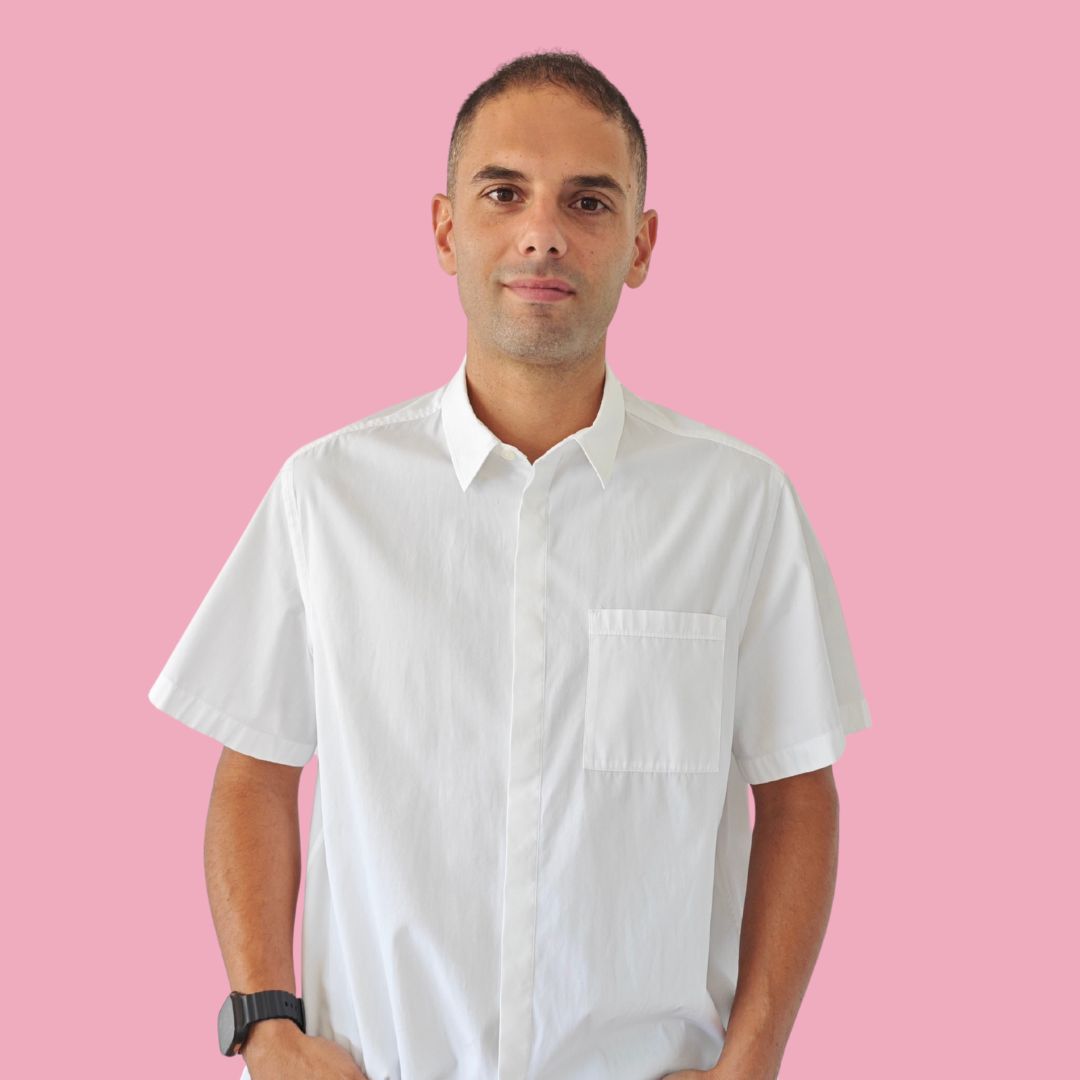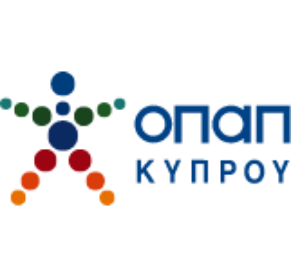Physiotherapy Service
"Care" Program
- The Program
- Lymphoedema
- Talk to Us
Europa Donna Cyprus, offers support to all individuals with breast or gynaecological cancer experience through the "Care" program by providing the following:
- Physiotherapy
- Breathing exercises
- Strengthening exercises
- Lymphoedema management
The service is currently offered at Europa Donna Cyprus Houses in Nicosia and Larnaca.
For more information regarding the "Care" Program, please contact our Houses.
What is Lymphoedema?
Grands called lymph nodes are distributed throughout the body, including in the breast and armpit (axilla), and are responsible for filtering and draining fluids that circulate around the body.
Some breast cancer treatments may result in Lymphoedema, which is a condition affecting the body's lymph nodes and can cause swelling and discomfort.
Breast cancer surgery often involves the removal of lymph nodes, which can also be damaged by radiotherapy. This removal or damage can cause a restriction in the natural flow of fluid from the breast and arm, resulting in swelling, a condition known as lymphoedema.
Although there is currently no known cure for lymphoedema, early detection and treatment can make it easier to manage.
It is important to keep in mind that not all women who undergo lymph node removal during breast cancer surgery will necessarily develop lymphoedema.
How to reduce your risk of developing lymphoedema
There are several measures one can take to minimize the risk of developing lymphoedema, such as:
Taking care of your skin
- Maintain skin moisture by applying a moisturizing cream recommended by your doctor, breast nurse or physiotherapist.
- Protect your skin from the sun by wearing protective clothing and applying sunscreen.
- If shaving your armpits, consider using an electric razor instead or a wet razor.
- Apply insect repellent, and if bitten, use a product to alleviate the itchiness.
- Wear gloves to protect your hands while doing household chores or gardening.
- Use antiseptic to treat any cuts or open wounds on the skin.
- Consult your doctor immediately if a cut, or skin break appears red, or if your arm swells quickly or becomes red or warm. These symptoms may indicate an infection that requires antibiotics.
Staying active
- Regular exercise that is gentle in nature can greatly aid in managing lymphoedema. Movement of muscles increases lymphatic flow and reduces the risk of fluid accumulation.
- Try to avoid using the arm on the side of your surgery for procedures such as blood pressure measurements, injections, blood samples or intravenous drips. Although there is not enough evidence to confirm whether these procedures can trigger lymphoedema, it is better to take precautions.
- Saunas and spas should be avoided when possible.
Lymphoedema symptoms
Women and men who have undergone breast cancer surgery have a risk of developing lymphoedema at any point in their lives, even years after the surgery.
Early signs of lymphoedema include:
- Swelling of the arm, breast, or hand.
- Discomfort, heaviness or fullness in the arm or breast.
- Pain, tension or aching in the arm, shoulder, hand chest, or breast area.
- Tightness in rings, sleeves, or wristbands may also be noticed.
If you experience any of these symptoms, it is important to seek medical attention from your doctor immediately.
How to manage lymphoedema
Lymphoedema can be managed through various methods, as there is currently no cure for it. Effective management options involve implementing good skincare practices, engaging in low impact exercise, receiving lymphatic drainage massage, and utilizing compression garments on the affected limb. These treatments aim to decrease and regulate swelling, enhance mobility, and prevent infections and should be treated by a specialized lymphoedema physiotherapist.
For more information regarding the "Care" Program, please contact our Houses.
Send us a message


